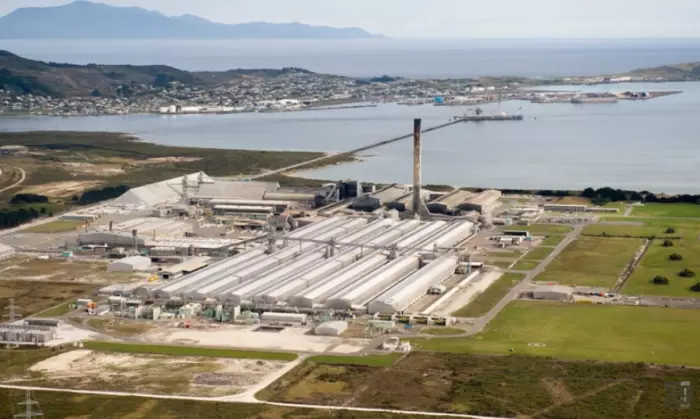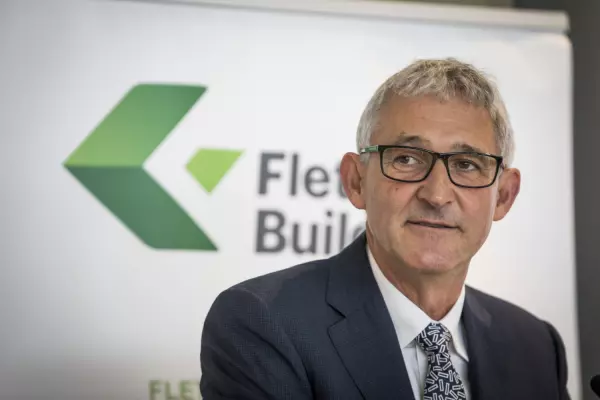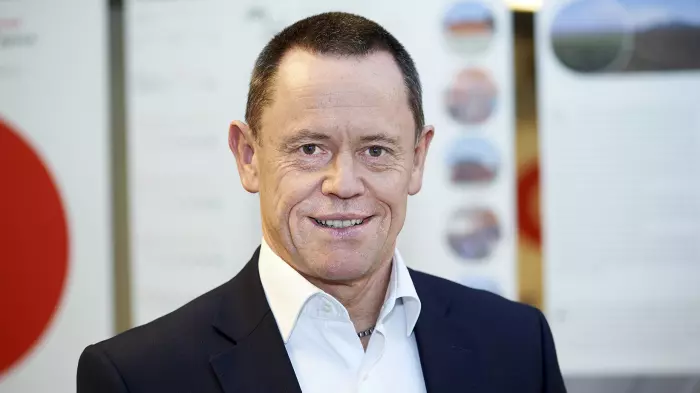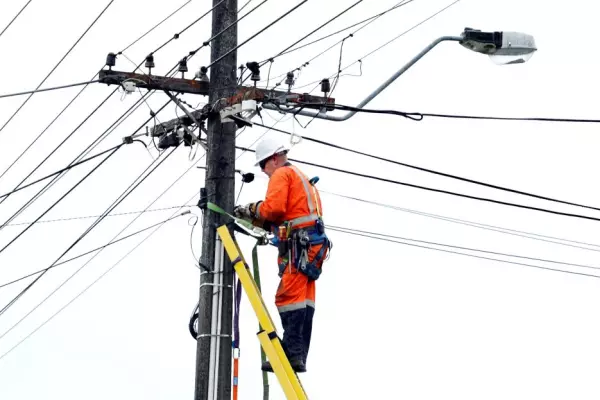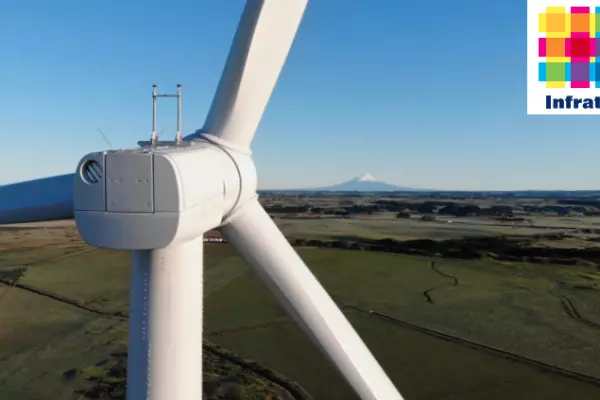A longer phase-down period for the Tiwai Point aluminium smelter may be possible but the time for talking about the smelter continuing to operate has past, Meridian Energy chief executive Neal Barclay told analysts on a conference call.
Rio Tinto, which owns nearly 80 percent of New Zealand Aluminium Smelters, advised Meridian early yesterday that the smelter will close in August next year. Since 2017, NZAS has been able to end its electricity supply contract with Meridian on one year's notice.
One of Meridian's immediate reactions has been to suspend its special dividends – the company has paid $625 million in special dividends since 2015 – but it intends to maintain its ordinary dividends at 75 percent to 90 percent of free cash flow.
"The conversation I was having yesterday with Andrew Horvat, who's the NZAS chair, was about making an offer for a phased closure of the facility, whatever that looks like," Barclay said.
He said he has yet to speak to NZAS chief executive Stewart Hamilton who told RNZ yesterday there was still a window of opportunity to keep the smelter open but that it was closing rapidly.
"We still need to clarify what that means, but that's not consistent with anything else we've heard," Barclay said.
A cynical tack
He heard it said that Rio Tinto's announcement yesterday was "the next level of negotiation. If it is, it's a pretty cynical" tack to take, he said.
However, when he last met Rio Tinto Aluminium chief executive Alf Barrios in December, Barrios had indicated that he favoured an orderly wind-down over a number of years, rather than just giving a year's notice, as Rio Tinto did yesterday.
Barclay said Meridian had found out about the smelter closing at the same time as the market did.
He noted that the contract with the smelter is a financial one which will continue through to the end of August but that the actual physical electricity the smelter uses between now and then is likely to reduce gradually as pot lines - the arrays of 'pots' in which the molten metal is smelted - are closed down.
While he wouldn't give any details on pricing, Barclay said Meridian had been seeking a greater commitment on timing from Rio Tinto and the most recent proposed deal would have been for four years, at reduced rates and with a demand-response premium.
"More recently, the industry came together and were able to add in a transmission underwrite." Contact Energy, which also has a contract with NZAS, Genesis Energy and Mercury NZ had been part of the industry group making that offer.
Savings of up to $70 million on the table
That combination had a total value of $50 million, increasing to close to $60 million or $70 million over the next two or three years, Barclay said.
"Our understanding was that it met their US dollar energy cost target they've talked about last year."
That offer would also have taken the smelter to the mid-point of energy costs globally.
As recently as Tuesday, Barclay said he had been talking to a Rio Tinto official and had said Meridian could do better than that offer if Rio Tinto would commit to keeping the smelter open until 2030.
Meridian had negotiated in good faith and had made meaningful offers, as had the other major generators.
"From our perspective, it looks like there are bigger issues at play in regards to the whole Rio Tinto portfolio," Barclay said.
Analysts are predicting Meridian will report "a pretty healthy" result for the year ended June, "which we align with," and the ordinary dividend is therefore likely to be strong, he said.
Meridian paid a 5.7 cents per share first-half 86 percent imputed dividend in April plus an unimputed special dividend of 2.44 cents.
Meridian shares are trading at $4.65, down another 1.2 percent after yesterday's 10.8 percent decline.


